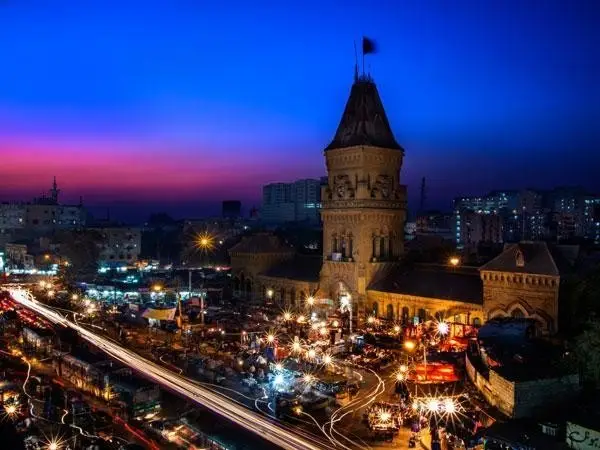Pakistan’s slow internet speeds, averaging just 10-20 Mbps, are hindering the nation’s growth in the global digital economy. Shahzad Arshad, chairman of the Wireless and Internet Service Providers Association of Pakistan (WISPAP), attributes this to outdated infrastructure, high costs, and bureaucratic obstacles. He calls for urgent investment in fibre-optic networks, regulatory reforms, and a minimum broadband speed of 100 Mbps to bring the country up to international standards.
Arshad highlights the lack of government support and monopolistic practices in international internet gateways, which keep internet prices high and slow, further stifling innovation. He proposes subsidies, tax breaks, and reduced regulatory burdens to incentivize ISP investment and drive competition in the sector.
Without immediate action, Pakistan risks being left behind in the digital age, impacting sectors such as education, business, and healthcare. “The future of Pakistan’s economy is digital,” warns Arshad. “If we don’t invest in it today, we will be left behind tomorrow.”















